Work Packages
The work of Life ACT is organized into 11 work packages.
11 Work Packages
LIFE ACT is developed to further catalyze accelerated climate action through the implementation of Danish LCAPs in reaching the goals: climate-neutrality and climate-resilience by 2050. In succeeding with this, LIFE ACT address the following areas through an integrated approach: implementation drivers (governance, capacitybuilding, financing), place-based climate change mitigation areas (agriculture, energy, transport), and climate change adaptation (sea level rise, holistic water management, heat and drought).
LIFE ACT is organized in 11 different WPs, addressing the above-mentioned areas, respectively.
WP1: Project management, coordination, monitoring and dissemination
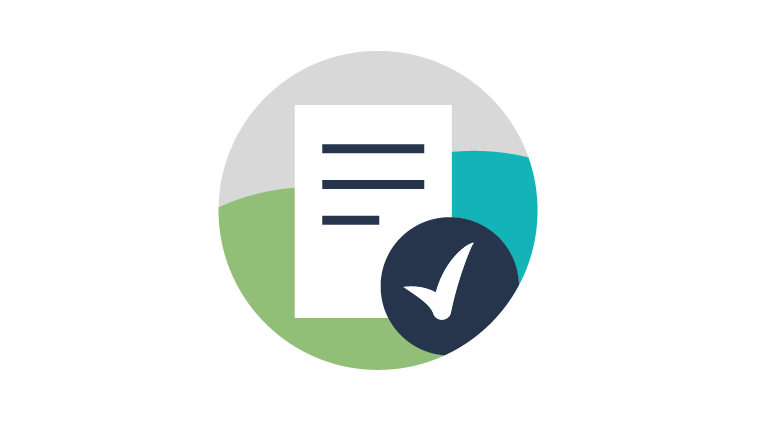
WP1 carries out activities related to the project management of LIFE ACT. Here, Central Denmark Region is the lead beneficiary, and therefore carries the overall responsibility.
The activities in WP1 include:
- Project management.
- Coordination between the different WPs.
- The development of a joint monitoring system to monitor the progress in the implementation of the LCAPs.
- Communication, dissemination, and network participation both in national and international contexts.
WP2: Complementary funds monitoring, coordination, and mobilization

WP2 centers on mobilizing and coordinating complementary projects to LIFE ACT. Central Denmark Region is the lead beneficiary in collaboration with Central Denmark EU Office, working closely with the other Danish regional offices in Brussels to develop and secure progress within WP2.
The activities in WP2 include:
- Knowledge gathering from the thematic WPs (WP4-WP11) to ensure that funding potentials for complementary measures are realized.
- Mapping of national and EU-funding possibilities to supplement the WP measures Monitoring complementary actions.
WP3: Sustainability, replication, and exploitation of project results

WP3 aims at ensuring the sustainability of project activities, the replication elsewhere, and well as exploitation of project results through following and monitoring the development of all WPs as well as developing the After-LIFE plan of LIFE ACT. Central Denmark Region is the lead beneficiary of WP3.
The activities in WP3 include:
- Sustainability in project implementation and solutions, as well as the development of the After-LIFE plan.
- Replication and exploitation of project results – both on a national level (to e.g., other Danish municipalities outside the LIFE ACT consortium) as well as on an international level.
WP4: Governance and capacity building

WP4 focus on citizen and stakeholder engagement and climate governance in the municipalities. Central Denmark Region is the lead beneficiary of WP4 in close collaboration with North Denmark Region and the North Denmark EU Office.
The participating municipal beneficiaries are: Frederikssund Municipality, Hjørring Municipality, Horsens Municipality, Næstved Municipality, Randers Municipality, Thisted Municipality, Ringsted Municipality, Samsø Municipality and Aalborg Municipality.
The activities in WP4 include:
- Stakeholder involvement, and the development of a model to assess the climate action readiness level (CARL) of stakeholders.
- The development and consolidation of multiple helix partnerships, focusing on the development of living labs, capacity building of local politicians and municipal officials, as well as building better climate governance structures.
WP5: Transition of agriculture and forestry

WP5 addresses climate change mitigation through a specific focus on the agricultural sector in Denmark. Region Zealand Denmark is the lead beneficiary of WP5 in collaboration with Central Denmark Region.
The participating municipal beneficiaries are: Brønderslev Municipality, Herning Municipality, Hjørring Municipality, Horsens Municipality, Kalundborg Municipality, Morsø Municipality, Odsherred Municipality, Ringkøbing-Skjern Municipality, Ringsted Municipality, Samsø Municipality, Skive Municipality, Thisted Municipality, Varde Municipality, Aalborg Municipality, and Aarhus Municipality.
The activities in WP5 include:
- The development of smoother municipal case processing concerning pyrolysis and biochar.
- Climate resilient farming to increase the sustainability of agricultural practices.
- Forestry and afforestation aimed at expanding the forest network across Denmark.
WP6: Renewable energy and energy efficiency
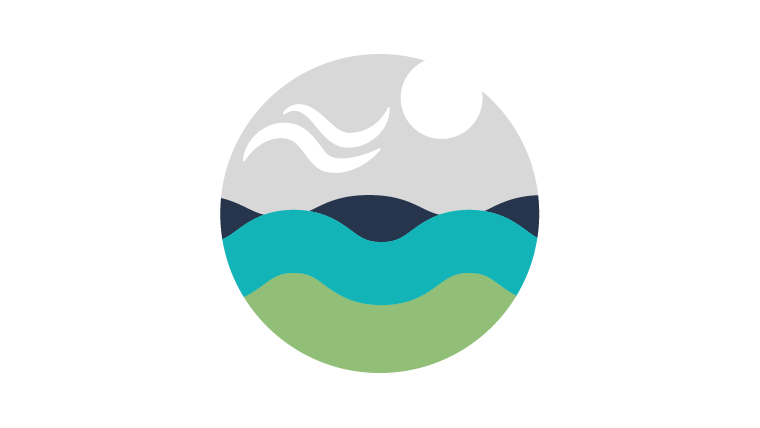
WP6 address climate change mitigation through a specific focus on renewable energy and energyefficiency. Aarhus Municipality is the lead beneficiary of WP6 in collaboration with Region of South Denmark.
The participating municipal beneficiaries are: Herning Municipality, Høje-Taastrup Municipality, Kalundborg Municipality, København Municipality, Lemvig Municipality, Lyngby-Taarbæk Municipality, Mariager Municipality, Middelfart Municipality, Næstved Municipality, Randers Municipality, Skive Municipality, and Aarhus Municipality.
The activities in WP6 include:
- The development of strategic energy plans and a strategic energy platform.
- Enhancing energy efficiency in buildings.
- Utilizing surplus heat.
WP7: Transition of transport
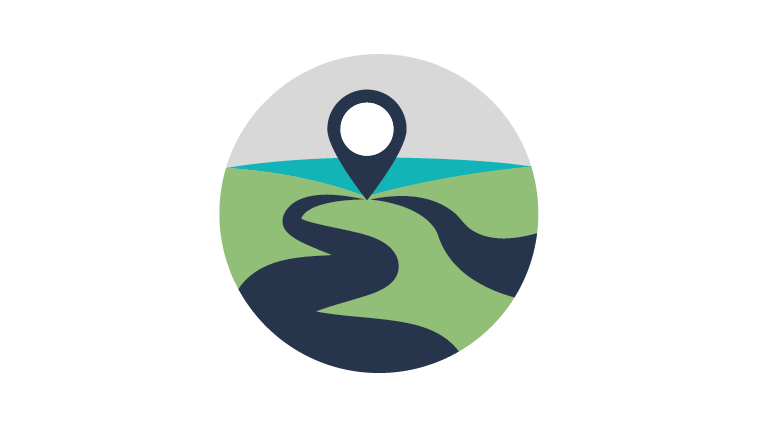
The objective of WP7 is to accelerate the shift to greener transportation nationwide. The Capital Region Denmark is the lead beneficiary of WP7 in collaboration with North Denmark Region.
The participating municipal beneficiaries are: Hjørring Municipality, Høje-Taastrup Municipality, Kalundborg Municipality, Lyngby-Taarbæk Municipality, Mariagerfjord Municipality, Næstved Municipality, Odsherred Municipality, and Randers Municipality.
The activities in WP7 include:
- Promoting active and sustainable mobility habits.
- Promoting sustainable, public, and active modes of transportation by focusing on multimodal mobility.
- Delivering more sustainable freight transport locally.
WP8: Synergies and added value
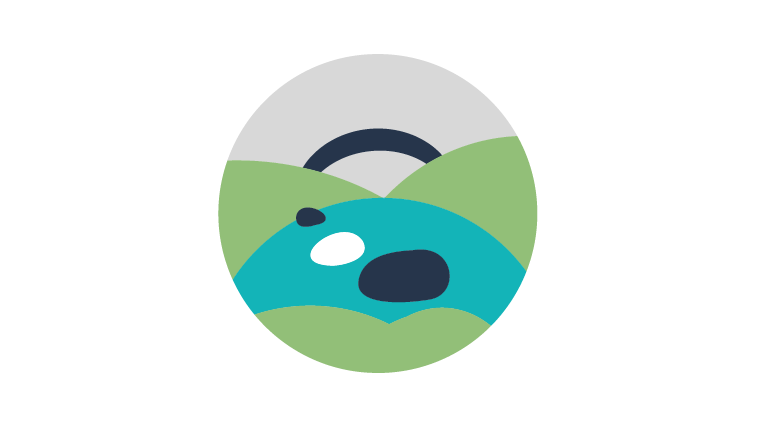
The objective of WP8 is to mainstream strategic spatial planning and nature-based solutions across the Danish LCAPs. Region Zealand Denmark is the lead beneficiary of WP8 in collaboration with Central Denmark Region.
The participating municipal beneficiaries are: Brønderslev Municipality, Frederikssund Municipality, Herning Municipality, Odsherred Municipality, Ringsted Municipality, Samsø Municipality, Skive Municipality, and Aalborg Municipality.
The activities in WP8 include:
- Strategic spatial planning at the inter-municipal scale.
- Promoting nature-based solutions and synergies between climate change mitigation and adaptation.
WP9: The rising sea level

WP9 aims at enhancing climate resilience to rising sea levels among LIFE ACT beneficiaries and nationwide through the development of holistic, adaptive, and integrative CCA planning. Aarhus Municipality is the lead beneficiary in collaboration with the Region of Southern Denmark.
The participating municipal beneficiaries are: Lemvig Municipality, Mariagerfjord Municipality, Morsø Municipality, Nyborg Municipality, Odsherred Municipality, Randers Municipality, Vejle Municipality and Aarhus Municipality.
The activities in WP9 include:
- Adaptive solutions to sea level rise in an urban context.
- Form and support partnerships and coastal development in rural areas.
WP10: Holistic water management
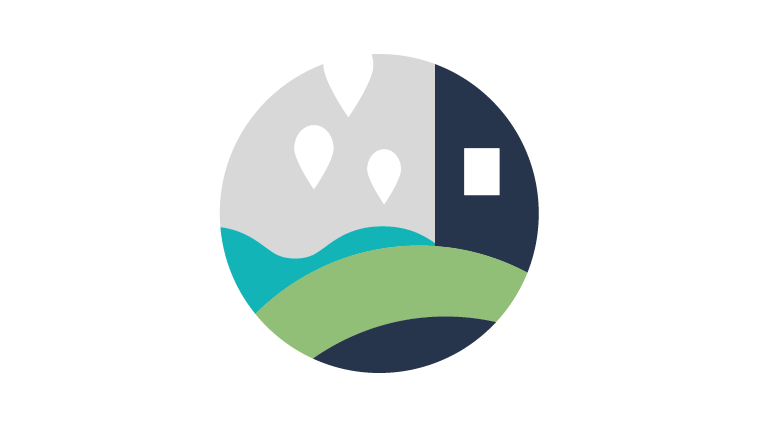
The objective of WP10 is to improve climate resilience to floods from watercourses, cloud bursts and shallow groundwater. The Central Denmark Region is the lead beneficiary of WP10 in collaboration with Capital Region of Denmark.
The participating municipal beneficiaries are: Frederikssund Municipality, Herning Municipality, Horsens Municipality, Høje-Taastrup Municipality, Kalundborg Municipality, Lemvig Municipality, Lyngby- Taarbæk Municipality, Mariagerfjord Municipality, Nyborg Municipality, Randers Municipality, Samsø Municipality, Vejen Municipality, Vejle Municipality, Aalborg Municipality and Aarhus Municipality.
The activities in WP10 include:
- Developing new practices for sustainable land management regarding potentially conflicting vested interests around streams, catchment areas and valleys.
- Strengthening the possibilities for water retention and mitigation of extremes.
- Following the implementation of the regulation around shallow groundwater.
- Sustainable urban drainage systems and appropriate planning for rainwater in urban areas.
WP11: Rising temperatures, heat waves and droughts
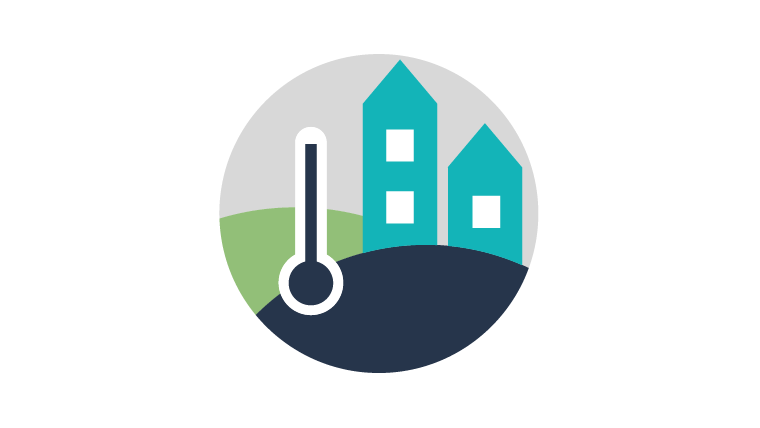
The objective of WP11 is to improve climate resilience to rising temperatures, heat waves, and drought periods nationwide. The Capital Region Denmark is the lead beneficiary of WP11 in collaboration with the Southern Region of Denmark.
The participating municipal beneficiaries are: Herning Municipality, København Municipality, Lyngby-Taarbæk Municipality, Randers Municipality, Samsø Municipality and Varde Municipality.
The activities in WP11 include:
- Accelerating the transition from urban heat islands to cooler and greener urban areas.
- Improving data on drought and rising temperatures from national and international studies.
